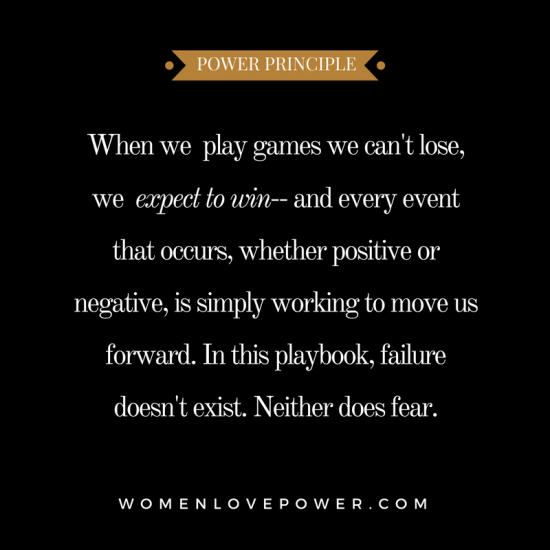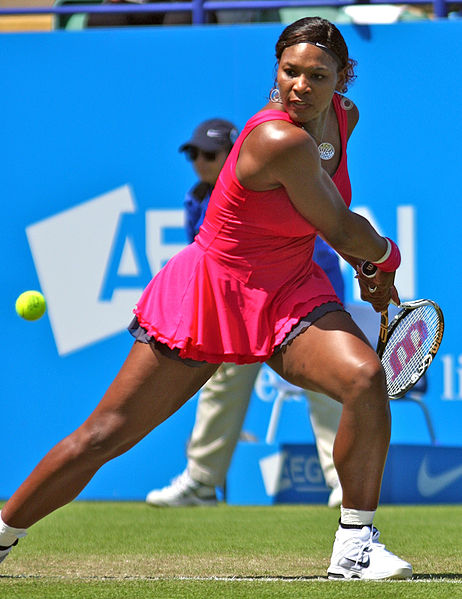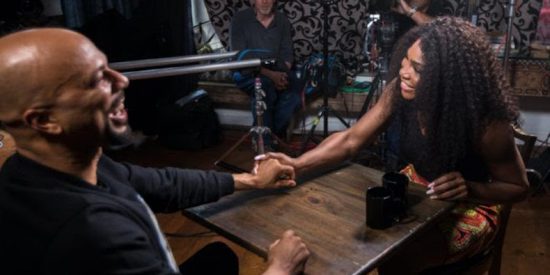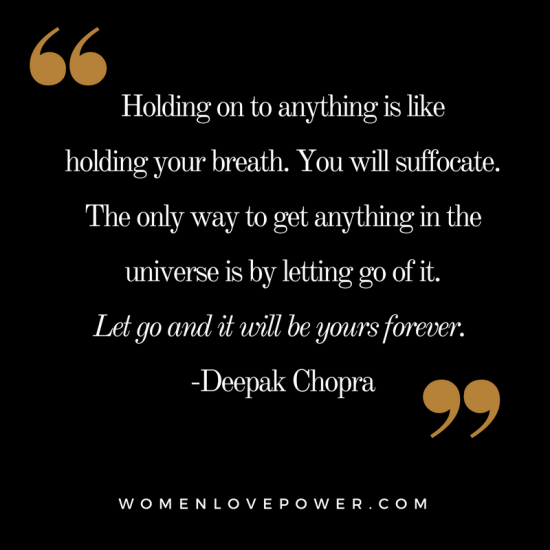

This work is licensed under a Creative Commons Attribution-ShareAlike 2.0 Generic License.
It’s fitting that a woman would single-handedly give birth to a new era of ‘wokeness’ because for women, being ‘woke’ is our birthright. It is a form of power.
When we say “stay woke”, we issue a command to be alert, and aware of the systemic injustices taking place around you– even if they don’t affect you, just yet. In this dramatic age of un-innocence, ‘stay woke’ has become the rallying cry of the zeitgeist— a trending reminder that we should all be obliged to be the change we wish to see.
Stay woke.
And even though millennials put a hashtag in front of it, sold it on a t-shirt and made it cool— we didn’t create it.
We’d have to go back to 1962—when ‘woke’ first appeared in a New York times article by black novelist William Melvin Kelly— in which he writes, “If you’re woke, you dig it.”
Ten years later, in 1972, the term appears in a play called “Garvey Lives” during which a character says, “I been sleeping all my life and now that Mr. Garvey don’ woke me up I’m gon’ stay woke.”
And then, during the eighties, nineties and the aughts, as we transition from funk to hip hop to neo-soul— woke takes a nap, that is, until 2008, when a woman single-handedly revives the term and its cultural relevance.
On February 26th 2008, the same day that former candidates Hillary Clinton and Barack Obama would debate in Ohio, Erykah Badu releases an album called New Amerykah– her soulful meditation on community, poverty, urban violence, identity and cultural complacency —all of the themes that would resonate in the decade to follow.
And in one Song, Master Teacher— an ode to her search for a beautiful world, Erykah repeats ‘I stay woke’ for much of the duration of that 7 minute song.
It’s fitting that a woman would give birth to a new era of ‘wokeness’– or consciousness, because for women, being woke is more than a hashtag.
For womankind, being ‘woke’ is our birthright. It is a form of power.
The world often defines women, whether to our benefit or detriment, by our capacity to mother— that is, our miraculous ability to carry, deliver and sustain life. Rarely do we consider how this creative capacity, rooted in the most instinctive division of labor by sex— extends beyond the domestic sphere.
We ‘mother’ more than children. We give life to communities, movements, and cataclysmic social change in ways that are often quiet and unsung. In fact, our capacity to ‘mother’ outside of the home has been one of the most dramatic social forces history has ever seen— though rarely acknowledged.
Women’s movements follow a common pattern. Whether it is protesting the price of bread, organizing for the end of a brutal civil war as women successfully did in Liberia, or using the hashtag #MeToo to dismantle the silent culture of sexual abuse, women unite and incite cataclysmic change whenever their ability to preserve and sustain life appears to be under attack.
This fascinating history of powerful female collective action is often misunderstood and overlooked—relegated to the anecdotes, the footnotes and the margins of our pages. Still, it is precisely in those marginalized spaces where we work our magic. In living rooms, beauty parlors, porches and stoops. In unexpected spaces, women gather to activate their social networks and spark social change.
We all know about Rosa Parks, the woman who refused to stand on the bus. Less is known about the Women’s Political Council, the small civic group of women who actually called for the Montgomery Bus Boycott— and then, using their homes as headquarters, organized the communication and arranged the carpools that made the movement sustainable.
We may always wax poetic about the words from King’s ‘How Long, Not Long’ speech—but we rarely mention Amelia Boynton Robinson, the woman who brought king and the SCLC to Selma to campaign for voting rights, and made her home headquarters for the planning and execution of the march.
The truth is, our modern playbook for grassroots organization, used by politicians and activists today, was quietly crafted by women–over thousands of years.
We index the rise of womankind by the number of women holding political office or residing in the C-suite. We applaud those who lean in, and while this kind of progress is of critical importance, we must also acknowledge the powerful current ignited when women stand up— together.
By placing human need above politics, and human life above property and profit, female ‘wokeness’ inspires a new vision for society that has yet to appear.
Our society sleeps on this ‘wokeness’ but our consciousness is more significant than ever.
We live in a frightening world of increasing extremes— a world where global warming, poverty, diminishing natural resources, terrorism, misogyny, bigotry and xenophobia are ever increasing threats to human life. It’s important that women awaken to their own power, not just as sustainers of individual life— but as defenders and protectors of humanity. And we, as a culture, must begin the dialogue about incorporating this form of ‘motherhood’ into our communities, our politics and organizational culture as the appropriate counter-balance to power as we’ve come to know it.
xo,
Ayesha



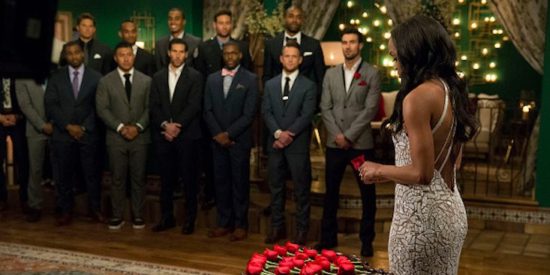

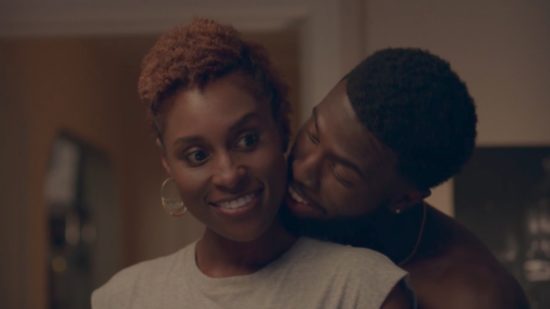
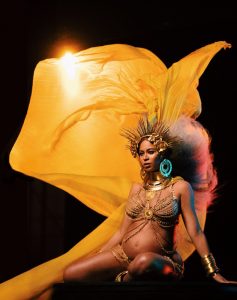
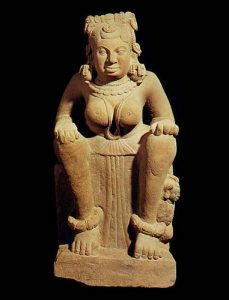
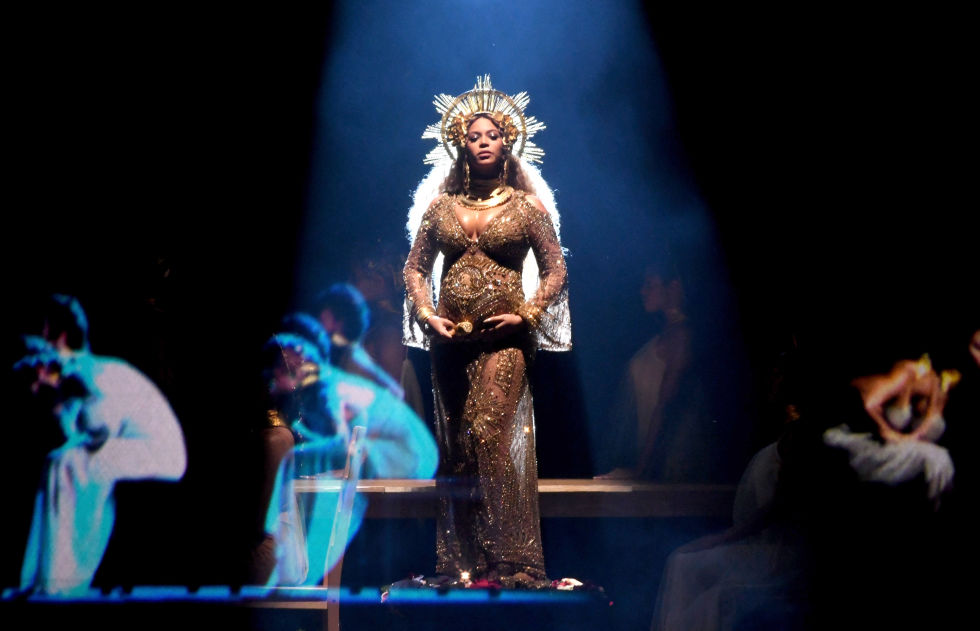
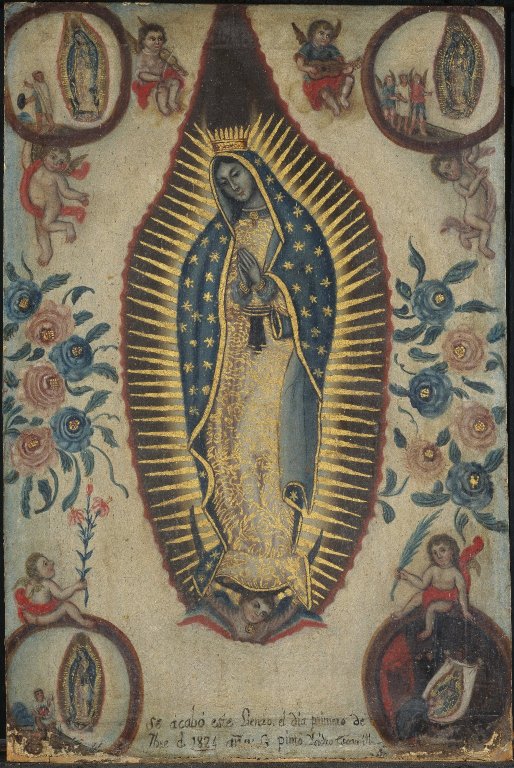
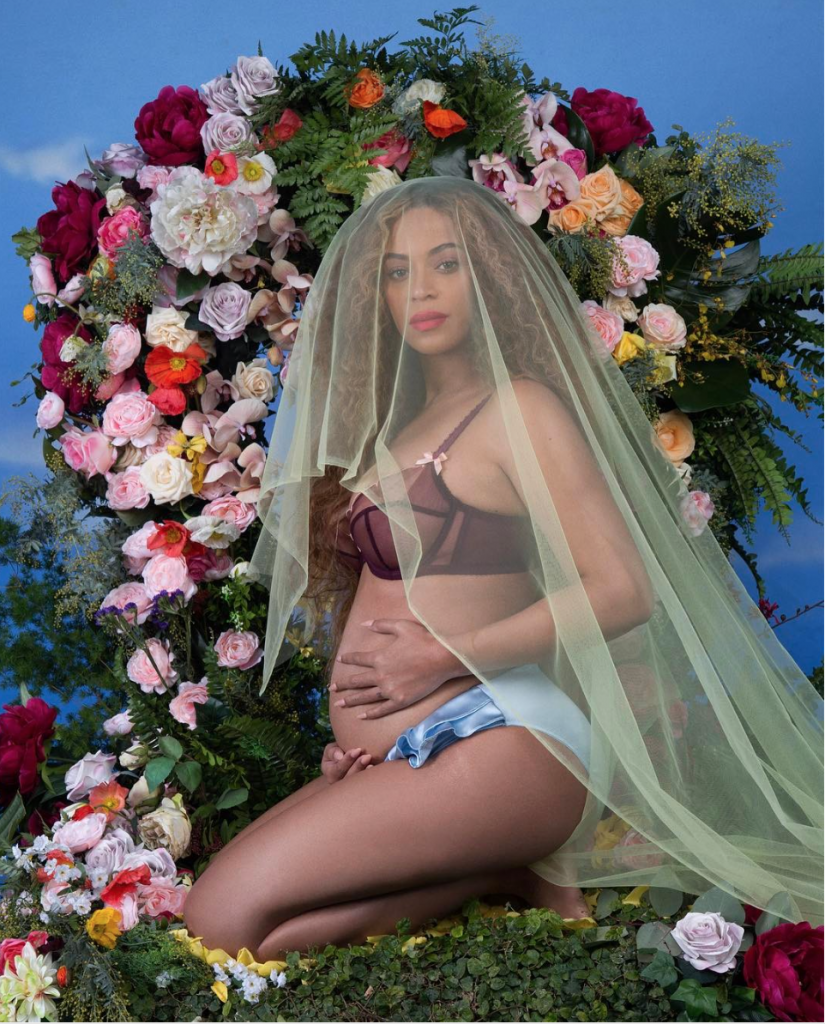
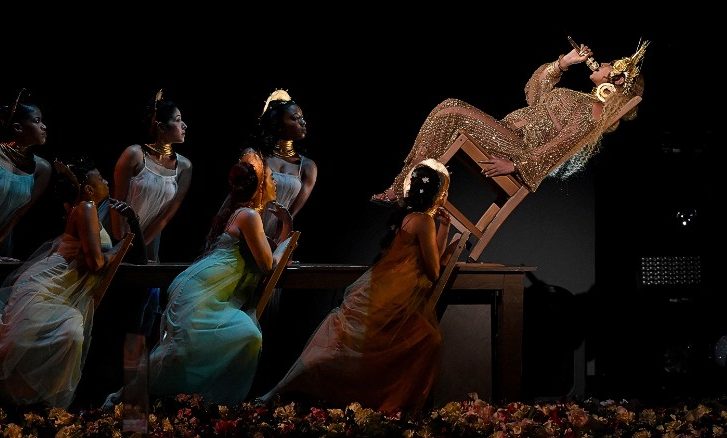
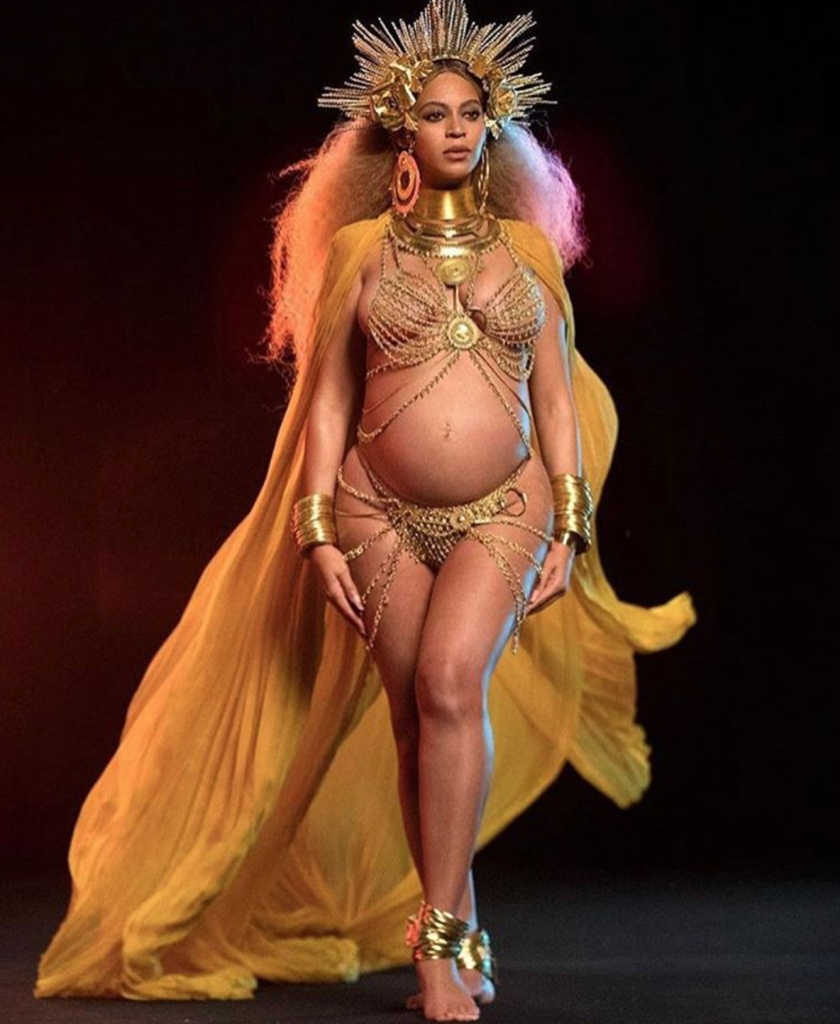
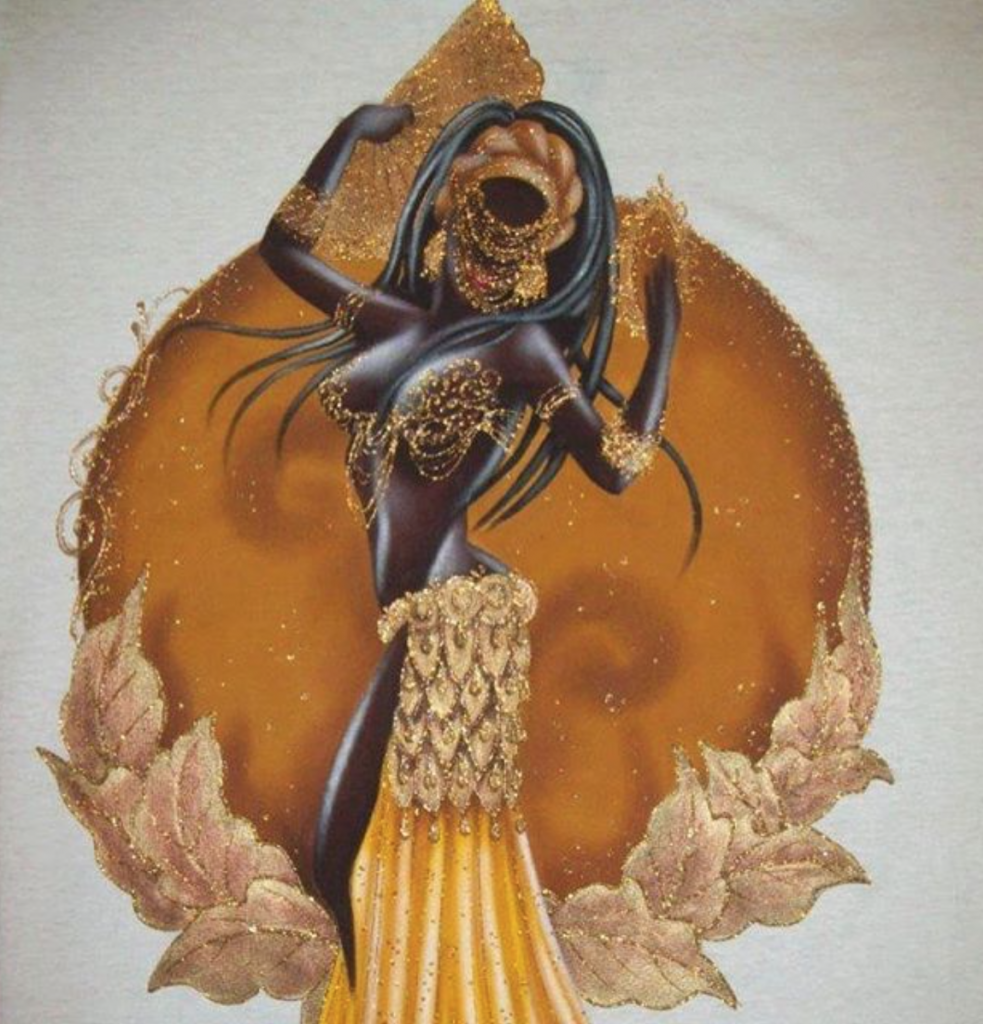
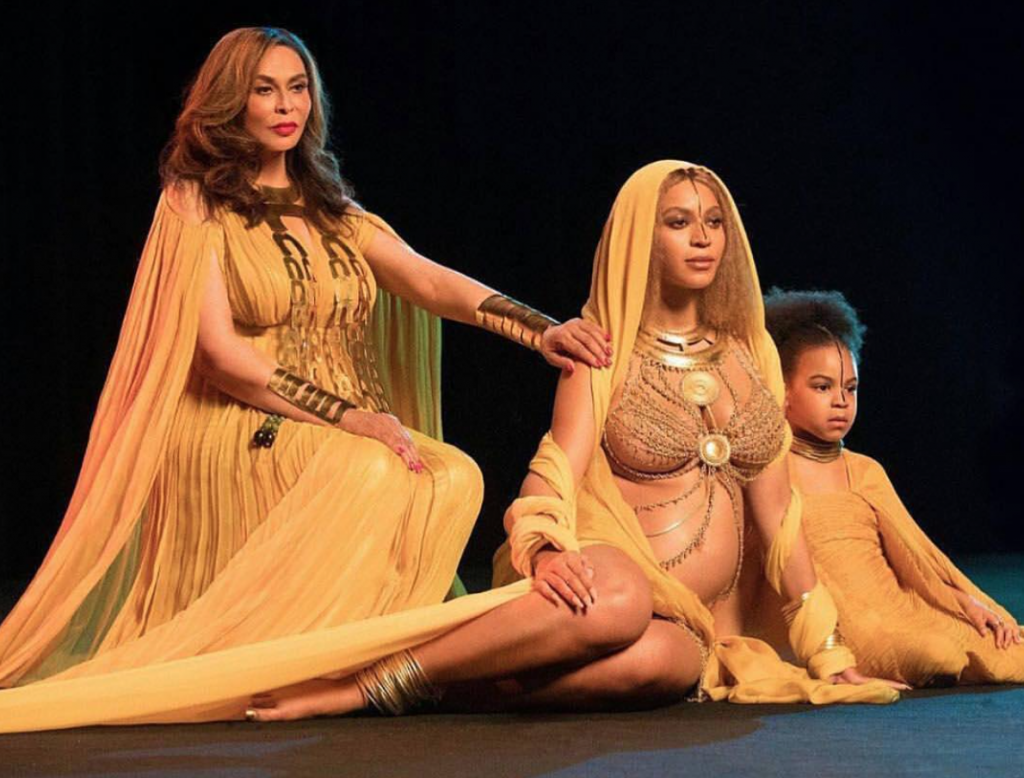
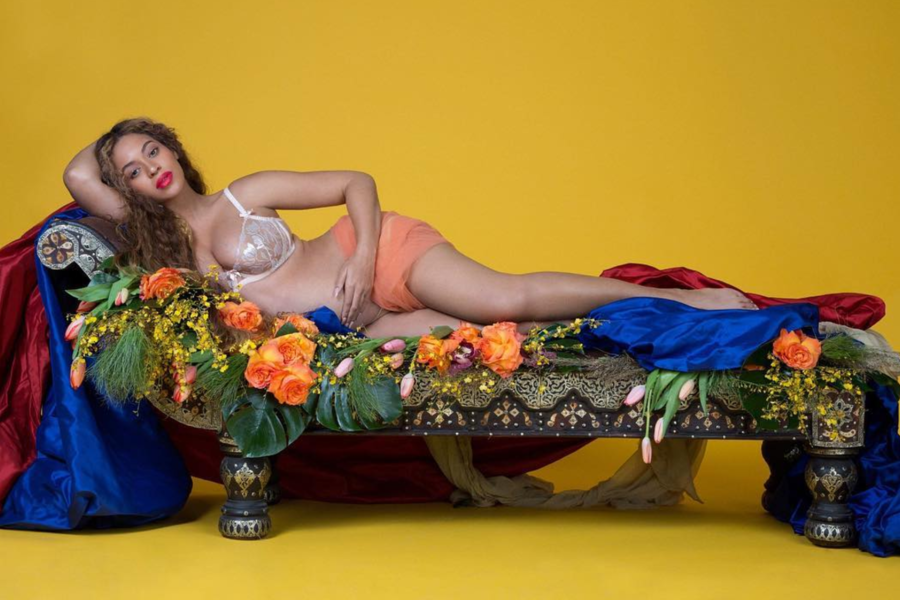


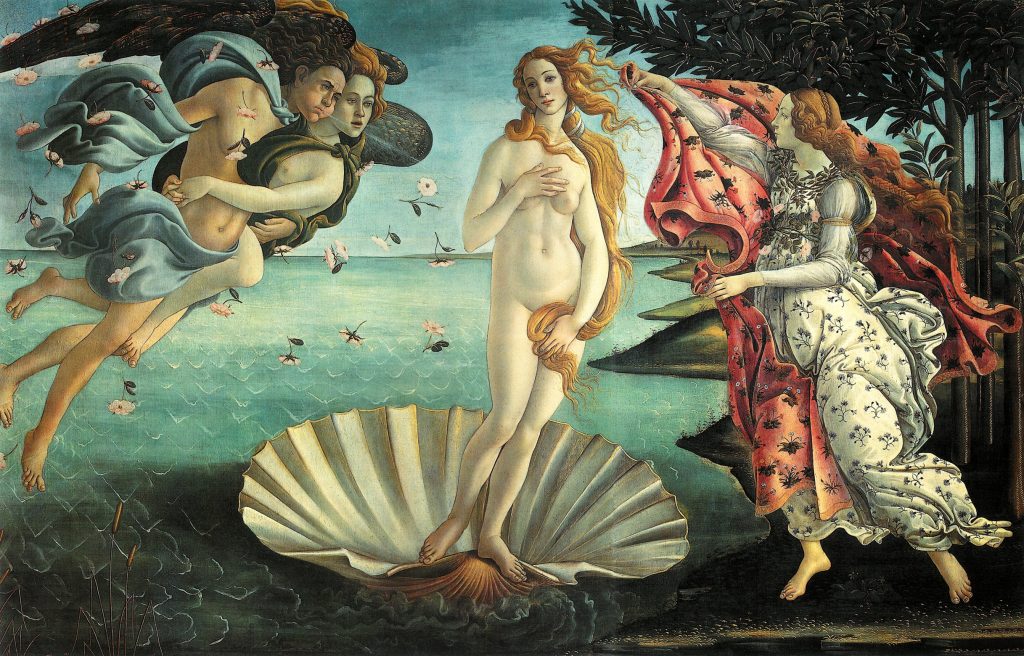
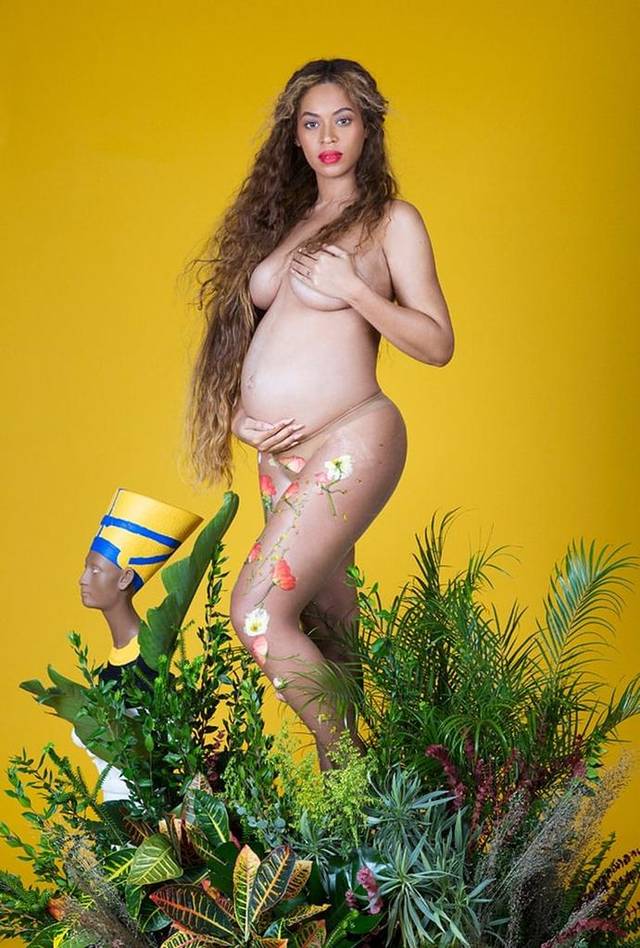
 I did. I became a local news reporter three months after graduation and I owe it all to her.
I did. I became a local news reporter three months after graduation and I owe it all to her.
